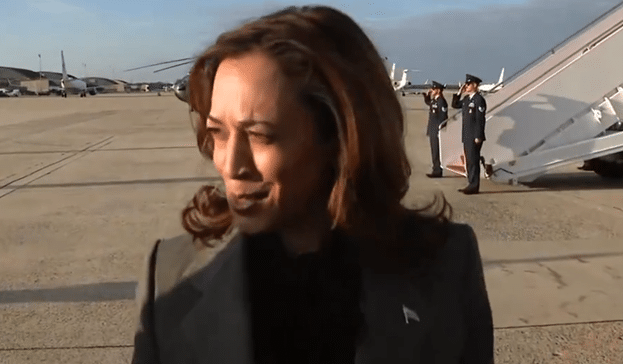
Consumer confidence in the U.S. collapsed in September with its largest monthly decline since Aug. 2021 as U.S. households increasingly expected a weaker labor market, fewer job openings and less growth moving forward, according to the latest survey by the Conference Board.
“Consumers’ assessments of current business conditions turned negative while views of the current labor market situation softened further. Consumers were also more pessimistic about future labor market conditions and less positive about future business conditions and future income,” said Dana M. Peterson, Chief Economist at The Conference Board.
Peterson added, “The drop in confidence was steepest for consumers aged 35 to 54. As a result, on a six-month moving average basis, the 35–54 age group has become the least confident while consumers under 35 remain the most confident. Confidence declined in September across most income groups, with consumers earning less than $50K experiencing the largest decrease.”
The news comes on the heels of the Federal Reserve projecting that unemployment would continue rising through the end of the year — it’s already up 1.4 million since its low in Dec. 2022 — as it cut the Federal Funds Rate by 0.5 percent to deal with what it called “cooling” of labor markets.
It also comes as Vice President Kamala Harris finds herself upside down on the economy in recent national polls, consistently the top issue polled this election cycle with inflation still hurting U.S. households, incomes not keeping up and unemployment rising.
In the latest New York Times-Siena poll taken Sept. 11 to Sept. 16 taken after the Sept. 10 debate between the two, Trump leads Harris 54 percent to 41 percent on who would handle the economy better, including 60 percent to 34 percent among men and even 49 percent to 47 percent among women.
In other words, if the presidential race comes down to the economy, Harris could be in trouble.
Both Harris’ convention speech and her appearance at the debate were somewhat light on details when it came to addressing the economy. Naturally, after the debate, the Harris campaign called for another one, and Harris herself told reporters on Sept. 22, “I would like another debate…”
Harris added, “I’m hoping the former vice [sic] president will agree to that… we have a lot more to discuss.” But while voters appear very confident about where Trump stands on issues, Harris with very little time on the campaign trail since replacing President Joe Biden in August remains something of a blank slate.
That is, Harris might have a lot more to say about the economy, but that indicates she failed to make the sale and outline her vision for the future with her abruptly short convention speech and her non-answers at the debate, being unable or unwilling to say whether the American people were better off than they were four years ago.
Confidence once lost can be difficult to recover, but economic slowdowns and recessions are by no means always fatal to incumbents. Richard Nixon, Ronald Reagan and George W. Bush all had recessions in their first terms in office, but all three were reelected relatively easily. On the other hand, Gerald Ford, Jimmy Carter, George H.W. Bush and Donald Trump also had recessions, and each of them was ousted. In Trump’s case, despite the severity of the brief Covid recession in 2020, barely lost in the swing states of Wisconsin, Arizona and Georgia by a combined 43,000 votes.
However, Ford and H.W. Bush were each running for third consecutive terms with the same political party in control of the White House, which tends to lower the odds of keeping control. Excluding those, among first term incumbent parties with economic pain — akin to the current situation — there are three wins (1972, 1984 and 2004) and two losses (1980 and 2020).
As economic anxiety appears to be worsening, with little more than a month to go until the election, it could continue to chip away at the little confidence the American people have in her ability to steer the ship of state. There might even yet be a so-called “soft” landing for the economy after inflation peaked in June 2022, the question is whether Harris will get any credit for it if it comes too late. Stay tuned.
Robert Romano is the Vice President of Public Policy at Americans for Limited Government Foundation.






